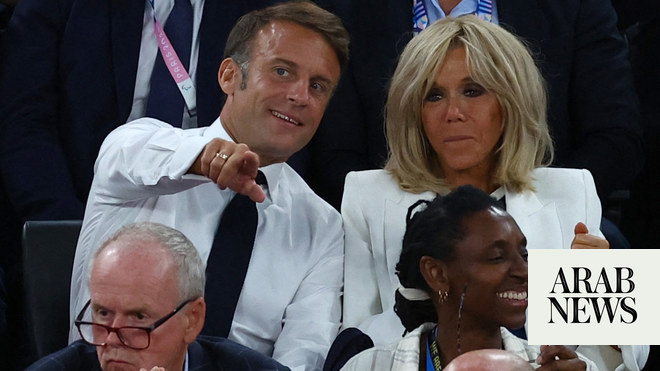Russia is returning to the Stalinist era, says a veteran human rights defender freed in exchange.
Berlin: Oleg Orlov, a human rights activist since the 1980s, thought Russia had turned a corner with the collapse of the Soviet Union and the rise of a democratically elected president.
But then Vladimir Putin came to power and crushed the opposition and launched a full-scale invasion of Ukraine. Finally, 71-year-old Orlov was imprisoned for opposing the war. Released last week in the largest East-West prisoner swap since the Cold War, he was forced into exile – just like the Soviet dissidents of his youth.
In an interview with The Associated Press in Berlin on Thursday, Orlov decried the scale and severity of crackdowns under Putin, with people jailed simply for criticizing the authorities, something not seen since dictator Joseph Stalin.
And he has vowed to continue working to free the many political prisoners in Russia and keep their names in the spotlight.
“We're going back to the Stalin era,” said Orlov, who showed occasional signs of fatigue from a busy schedule of media interviews in the week since his release.
In February, he was sentenced to 2 and a half years in prison for writing an anti-war article. When he was unexpectedly transferred from a jail in central Russia last month in what ultimately led to a prisoner swap on August 1, he was waiting to be transferred to a penal colony after losing an appeal.
The move came as a complete surprise, he told the AP.
He was first told to write a pardon request to Putin – something he said he flatly refused. A few days later, they put him in a van and, to his amazement, took him to an airport in Samara and took him to Moscow.
“Finding yourself on a plane, among free people, straight out of prison — it's a very strange feeling,” Orloff said.
Three days later in Moscow's notorious Lefortovo prison, isolated in his cell, he complained that he was denied access to his lawyer. Then they showed him a document showing that he had been pardoned. He boarded a plane again, this time outside Russia, along with other freed dissidents, and was greeted in Germany by Chancellor Olaf Schulz.
He smiled as he remembered seeing familiar faces on the bus to the airport — artist and musician Sasha Skochilenko, who had been jailed for a small anti-war protest, opposition politician Andrey Pyovarov, and others.
“So when a government security officer (on the bus) announced that it was an exchange, we already fully understood it,” he said.
However, while being held in Lefortovo, Orlov suspected that another criminal case was being prepared against him. “They'll have no problem finding one,” he said of what charges authorities could bring.
The veteran human rights defender said: “The machine of repression… is set in motion and working on its own. The machine works for self-preservation and can only intensify the repressions, make them more intense.
More than 760 political prisoners remain in prison in Russia, says Memorial, the legal group that Nobel Peace Prize winner Orlov co-founded. Another prominent human rights group, OVD-Info, says more than 1,300 people are currently imprisoned in politically motivated cases.
Orloff said some face solitary confinement without access to lawyers or doctors, often at the behest of authorities.
Opposition politicians, such as the late Alexei Navalny or the recently exchanged Vladimir Kara-Morza, were held in such isolation in remote penal colonies, and their health deteriorated.
“My experience was much easier than many others',” Orloff said. He added that the prison authorities “never treated me with complete lawlessness”, “I was not separated from the crowd”.
However, he said it was important to support the growing number of people being prosecuted for political reasons, from keeping their plight in the headlines to sending letters, care packages and help to their families. .
In prison, “there's always that feeling of concern for your family. It really helps to feel at ease knowing that your family is going to be okay. And that's the most important thing in prison – not to get frustrated and have peace of mind, Orloff said.
In the difficult days since beginning his new life in exile that he never sought, Orlov has had little time to process his newfound freedom, and he has yet to be reunited with his wife.
But he is determined to continue his work with Memorial, saying there is still work that defense lawyers from outside Russia can do, such as maintaining a database of political prisoners and coordinating assistance for those behind bars.
However, he says, a complete end to the crackdown will only come when Putin's “repressive and terrorist regime” is gone.
